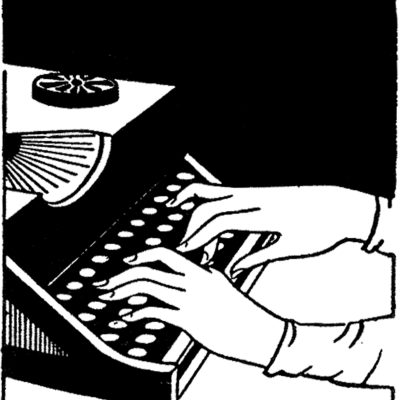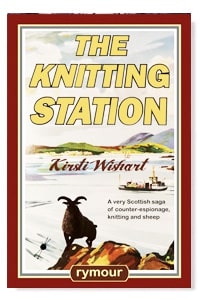By Kirsti Wishart
Support independent, non-corporate media.
Donate here!

A question I’ve been asking myself often recently is why I write, paradoxically because I’ve not been doing that much of it. There have been plenty of excuses – or ‘reasons’ when I’m feeling more charitable to myself – to justify slumping in front of Masterchef: The Professionals instead. It seems the easier, saner option to cracking open the laptop after back-to-back videocalls during enforced home-working. And yet, and yet…here I am typing.
Fundamentally, why I need to write is due to a glitch in my system. I have an inability to get on with the business of living without attempting to shape the stuff of life into a gift to myself or for others. I’d love to feel experiencing the world around me was enough rather than seeing it as so much Plasticine. No matter how hard I try to kick the habit, if I don’t jot down an experience or try to get the images and scenes I carry about in my head out on the page there’s a feeling of loss. I need to react to and record things and not to leave traces of guilt.
As to how I write, it usually starts with a one-line concept that intrigues me. What if people in Scotland started turning into superheroes? What if secret codes were knitted into jumpers? A novel can’t be sustained by a concept alone and it’s the characters who end up carrying me along. People find it corny when writers say, ‘It was my imaginary friends that made me do it,’ but honestly, once you create people you want to find out more about, they become the plot, getting into scrapes you didn’t expect, developing personalities that bring them to the front of the stage rather than hovering in the background. A novel can feel a long and thankless task so it helps to have company you enjoy spending time with. You don’t have to like them, but they should fascinate you enough to make you want to get to know them thoroughly. It’s been the characters who’ve compelled me to complete a draft I’ve longed to abandon due to a weird, completely illogical sense of responsibility. To leave them wandering aimless in an imaginary limbo would feel cruel.
It took me a while to get into writing novels, mainly because I didn’t believe I had the stamina or courage to do so. There was the very real possibility years of work could end up with a handful of readers, if any. My short stories suffered as a result, straining at the edges, mini-novels desperate to burst out into the wide-screen format. I was fortunate enough to be granted a place on a Scottish Book Trust mentoring scheme years back and was guided through the process of completing my first novel by the fantastic Sam Boyce. She introduced me to the true pleasures of novel-writing, of letting your imagination breathe, indulging in exploring that other place you’ve created for yourself. In a world where it can feel as if we control so little, to have something that is uniquely yours with the possibility of it being shared and enjoyed by others, is a blessing.
Discovering you enjoy writing novels, however, is double-edged, both a relief and a curse. It’s like a musician realising their true talent lies with the church organ rather than the far-more portable penny whistle. I’m thankful for short stories as they allow me to take the imaginative equivalent of a mini-break from a narrative slog. I’ve learnt to identify ideas that don’t have the fuel for a novel yet enable me to rustle up a couple thousand words or less and give me pockets of delight.
My stories tend not to be proper stories, instead riffs on particular topics or concepts. They’re the equivalent of mental chewing gum – what if we communicated through smoke clouds?
https://www.the-ogilvie.com/2019/05/01/vapour-trails-by-kirsti-wishart/
Or the carousels of Paris went feral?
https://glasgowreviewofbooks.com/2018/10/31/carousels-of-paris-a-short-story-by-kirsti-wishart/
Writers tend to be a moany bunch and it’s rare to hear them extolling the joys of making stuff up, I suspect to discourage competition and stop them getting shouted at for staring into space. If you’re struggling for a topic, let pleasure lead you and follow the legendary Kelly Link’s advice https://gizmodo.com/the-weirdest-story-ideas-come-from-your-own-obsessions-5565717 to think about what you enjoy in other pieces of writing and let your subconscious reveal previously hidden paths.
In sum, I don’t bake, sew, knit, whittle, play a musical instrument, paint, tap-dance or make candles, origami or ceramics. The urge to create though, to make something that didn’t exist half an hour ago, is powerful. Writing is an act that makes the soul feel a little fuller, that fills a lack and makes a person more complete. All you need is some paper, a pencil, pen or crayon and away you go. With nothing to lose and plenty to find, it can become a fixed point to guide you in troubled times.
Kirsti Wishart’s short stories have been published in New Writing Scotland, 404 Ink, the Scottish Review of Books and Product. Her first novel, The Knitting Station, was published by Rymour Books earlier this year and her second, The Projectionist will follow soon.










